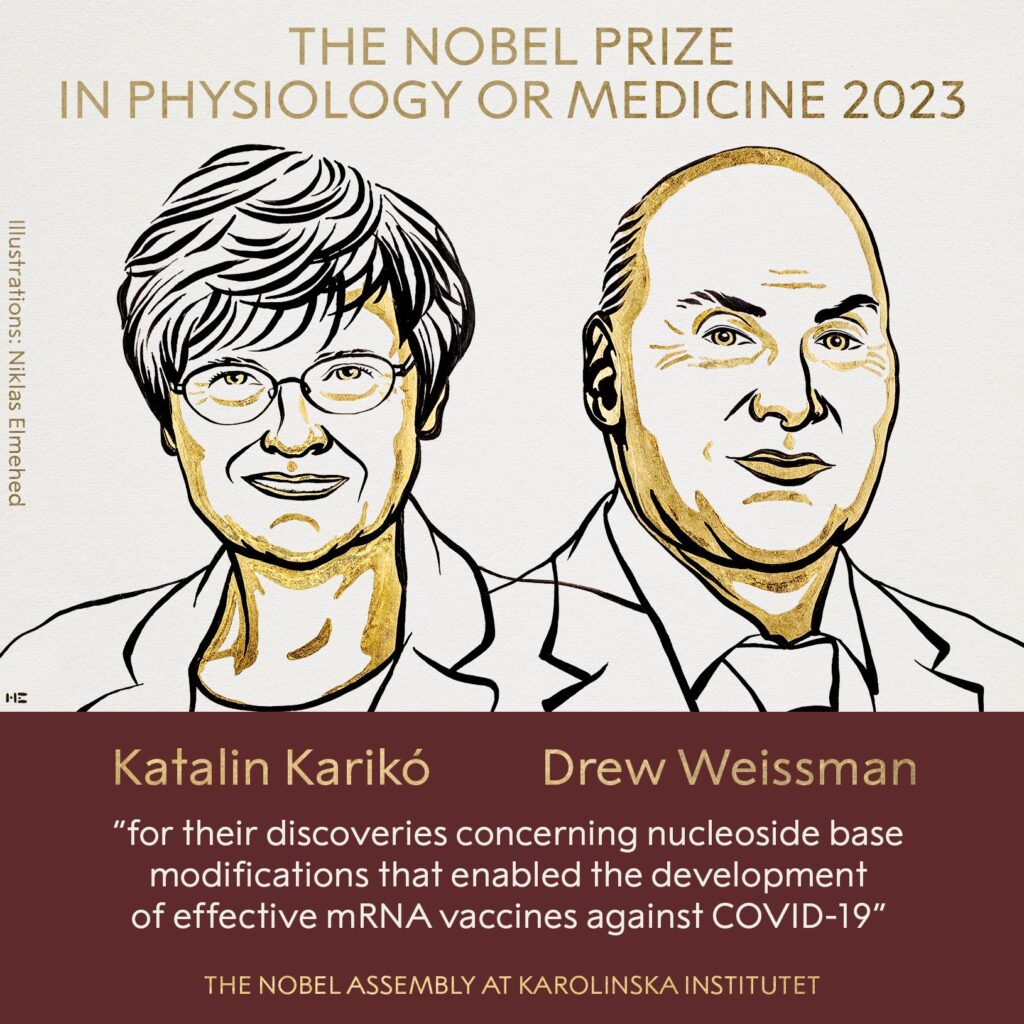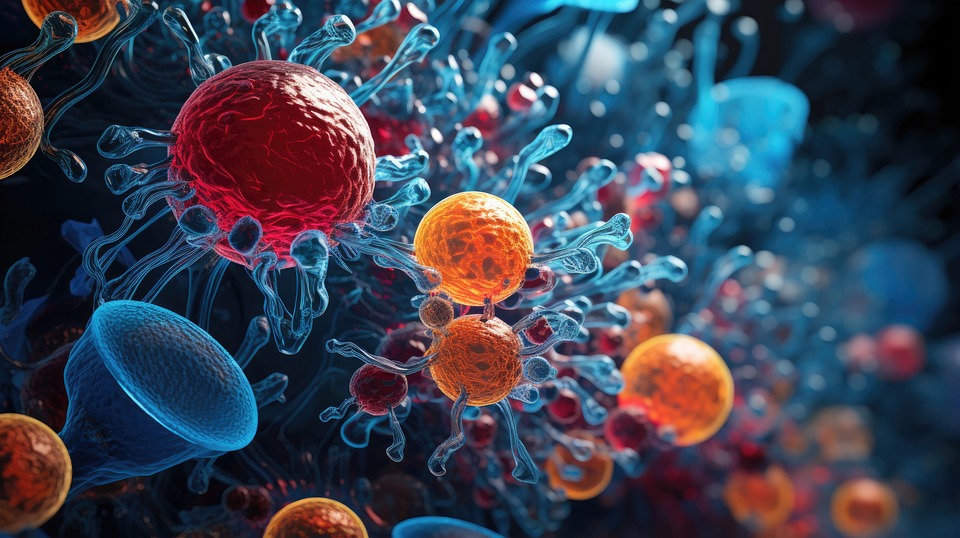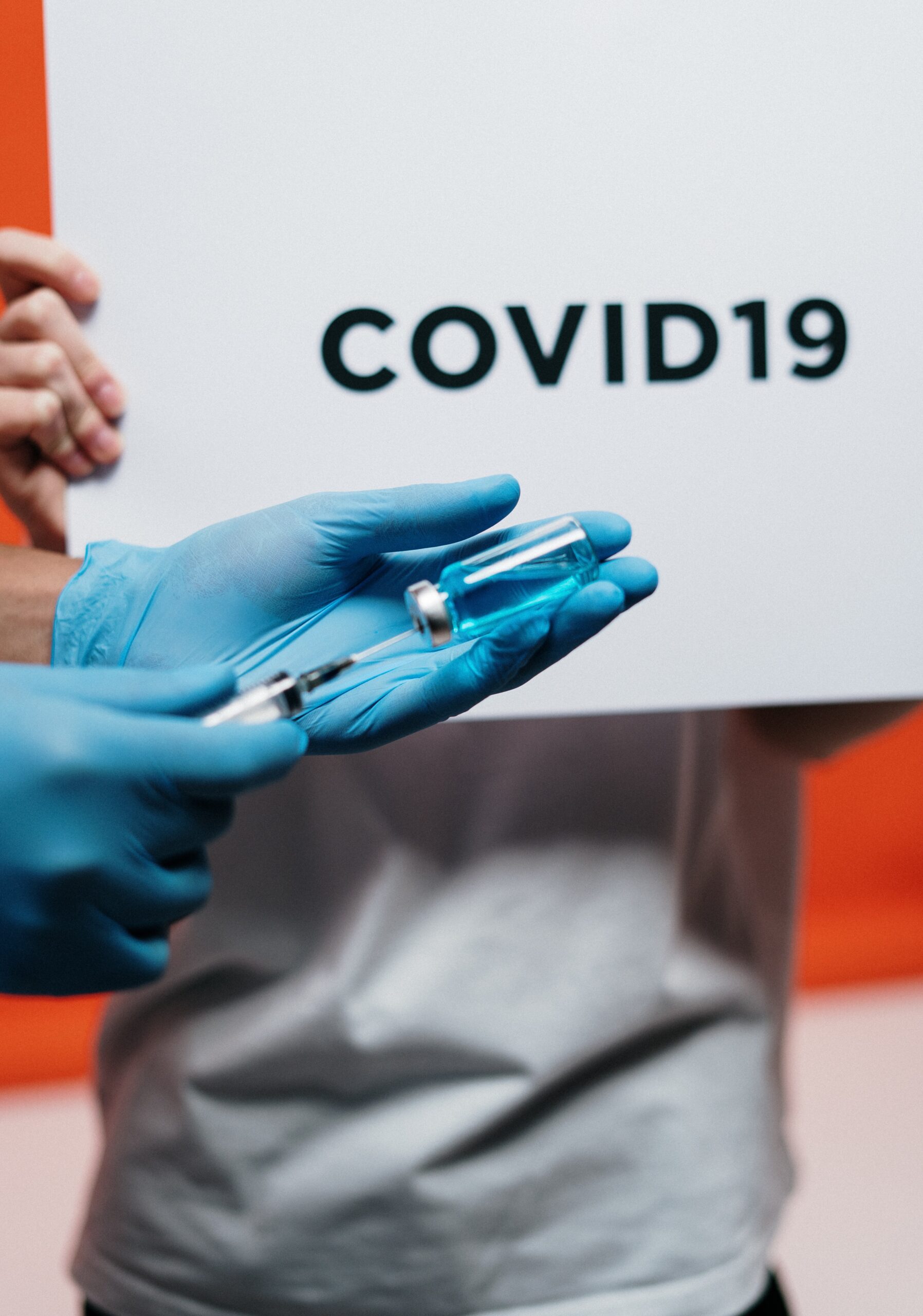Introduction

Table of Contents
The groundbreaking discoveries made by two Nobel Laureates have played a pivotal role in the development of highly effective mRNA vaccines against the COVID-19 pandemic that emerged in early 2020. These groundbreaking findings have not only revolutionized our comprehension of how mRNA interacts with our immune system but have also accelerated the unprecedented pace of vaccine development, combating one of the most significant threats to modern human health.
A Look Back at Pre-Pandemic Vaccines

Vaccination has long been the cornerstone of our efforts to prepare the immune system for combating various pathogens. Historically, vaccines were developed using whole viruses, either inactivated or weakened, such as those used against polio, measles, and yellow fever. Max Theiler was awarded the Nobel Prize in Physiology or Medicine in 1951 for his pioneering work on the yellow fever vaccine.
Recent advancements in molecular biology have allowed for the development of vaccines based on specific viral components, rather than the entire virus. This involves using portions of the viral genetic code to create proteins that trigger the production of antibodies capable of neutralizing the virus. Examples include vaccines for hepatitis B and human papillomavirus. Alternatively, these genetic components can be integrated into a harmless “vector” virus, as seen in the development of Ebola vaccines. While these approaches have been invaluable, their reliance on large-scale cell culture has limited their ability to respond rapidly to outbreaks and pandemics.
The Promise of mRNA Vaccines

In the world of biology, our genetic information is transferred from DNA to messenger RNA (mRNA), which serves as a template for protein synthesis. In the 1980s, the introduction of efficient methods for producing mRNA outside of cell cultures, known as in vitro transcription, was a significant milestone. It opened the door to numerous applications in molecular biology. The concept of utilizing mRNA for vaccines and therapies began to gain traction. However, there were formidable challenges to overcome, including the perceived instability of in vitro-produced mRNA and the need for sophisticated lipid carriers to encapsulate it. Furthermore, in vitro-generated mRNA often triggered inflammatory responses, causing hesitation in the pursuit of mRNA technologies for clinical use.
Katalin Karikó, a Hungarian biochemist, remained unwavering in her quest to harness mRNA for beneficial purposes, even when faced with skepticism from research funders in the early 1990s. Her collaboration with immunologist Drew Weissman, another colleague at the University of Pennsylvania, marked a turning point. They explored how various types of RNA interacted with the immune system. Their breakthrough came when they observed that dendritic cells recognized in vitro transcribed mRNA as foreign, leading to their activation and the release of inflammatory signalling molecules. They noticed that in vitro transcribed mRNA lacked chemical modifications found in mRNA from mammalian cells, which might explain the unwanted inflammatory reactions. To investigate, they developed mRNA variants with unique chemical alterations and delivered them to dendritic cells. Their results were extraordinary: the inflammatory response significantly diminished when base modifications were introduced into the mRNA. This discovery altered our understanding of how cells identify and respond to different mRNA forms and laid the foundation for using mRNA in therapy. These groundbreaking findings were published in 2005, a full fifteen years before the COVID-19 pandemic.
In subsequent studies published in 2008 and 2010, Karikó and Weissman demonstrated that base modifications significantly increased protein production when delivering mRNA. This effect was attributed to the reduced activation of an enzyme that regulates protein production. Their work eliminated critical obstacles, making the clinical application of mRNA a reality.
Unlocking the Potential of mRNA Vaccines for Covid-19
The interest in mRNA technology gained momentum, and by 2010, several companies were exploring its potential. This led to the development of two base-modified mRNA vaccines encoding the SARS-CoV-2 surface protein at an unprecedented pace after the outbreak of the COVID-19 pandemic. These vaccines showed remarkable protective effects, with an efficacy rate of around 95%, and both were approved in December 2020.

The flexibility and speed with which mRNA vaccines for covid-19 developed have opened the door to potential vaccines against other infectious diseases. Furthermore, this technology holds promise for delivering therapeutic proteins and treating certain types of cancer.
While several other vaccines using different approaches for combating SARS-CoV-2 were introduced, the mRNA vaccines played a crucial role, with over 13 billion COVID-19 vaccine doses administered globally. These vaccines have saved countless lives and prevented severe illness, allowing societies to return to normal conditions. The Nobel Laureates of this year have, through their fundamental discoveries regarding the importance of base modifications in mRNA, made a profound and transformative contribution during one of the most significant health crises of our time.
Conclusion
In conclusion, the pioneering work of Nobel Laureates Katalin Karikó and Drew Weissman has reshaped the landscape of vaccine development, leading to the rapid creation of mRNA vaccines that have been instrumental in our fight against the COVID-19 pandemic. Their relentless dedication and groundbreaking discoveries surrounding mRNA’s interaction with the immune system have not only accelerated vaccine production but have also set the stage for a new era in medicine and vaccination.
The availability of mRNA vaccines has saved countless lives, and their success has been a beacon of hope during one of the most challenging health crises of our time. Through their remarkable achievements, these Nobel Laureates have illuminated a path towards a healthier, more resilient future for all of humanity. Their legacy will continue to inspire and guide researchers and scientists, fostering further advancements in medical science and healthcare.
You can read more about the Nobel Laureates on the official website on the link: Nobel Prize
You can also read;

1 thought on ““The Groundbreaking Contribution of Nobel Laureates to mRNA Vaccines for COVID-19””